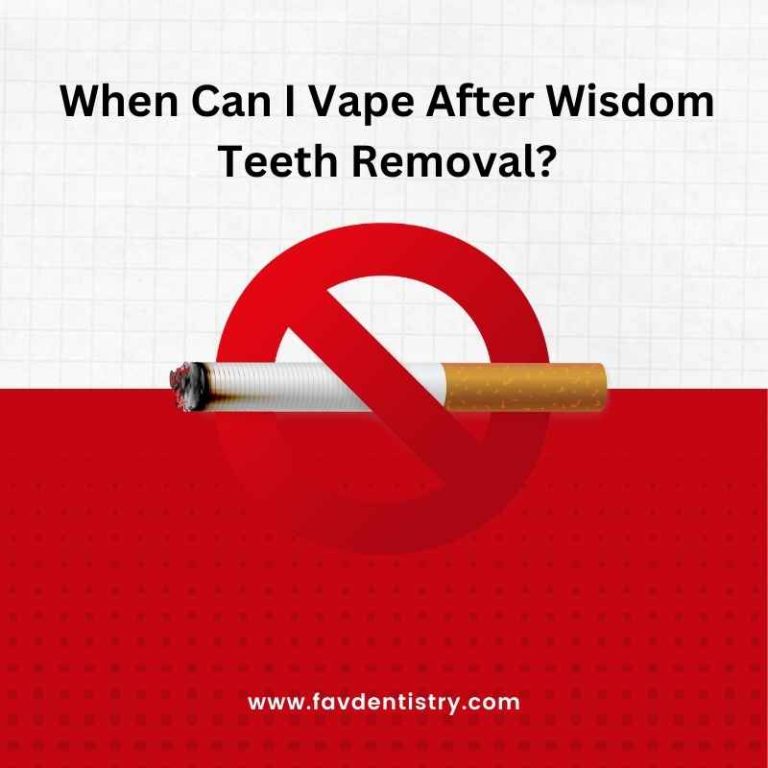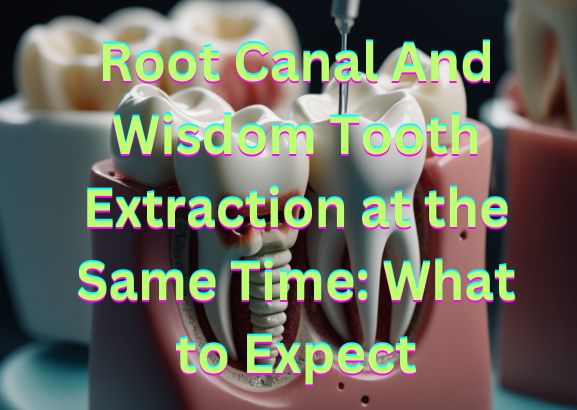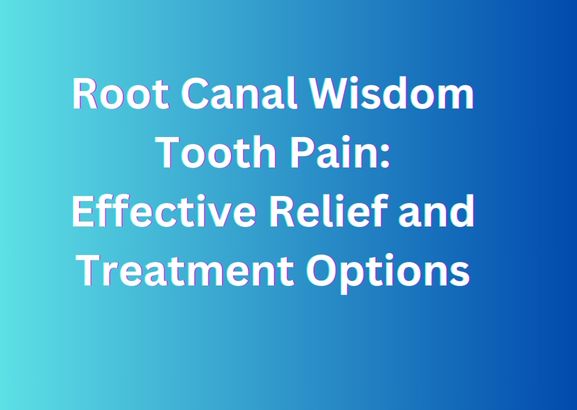Scared of dying during wisdom teeth removal
Last Updated on 6 months by DR. ALBIN SIPES
There is a zero percent possibility of dying due to wisdom teeth removal. Wisdom teeth removal is surgery. It’s not a major operation you can scared of. Dental technology is now so fast and authentic that dentists use many modern instruments. These modern instruments make the treatment low in terms of risks.
When you or your family member go to the dentist to remove wisdom teeth, you can keep your mind cool. Just follow the dentist’s instructions on what they ask to do. What they not to do.
After removal, follow the medication the dentist provides. Take the dosage properly.
View this post on Instagram
Keep Stress-Free Before Wisdom Teeth Removal
Stress is one of the bad reasons for not only the removal of wisdom teeth but also for every health concern. Suppose you heard that somewhere, someone died of wisdom teeth removal. It’s just a myth or misinformation. Probably, the case is that the man or woman was stressed.
Or so many other reasons. So, being stress-free is the first medication. For stress-free, you can consult with your dentists about it. You can make a friendly relationship with him. You can read more blogs from this website on wisdom teeth-related topics.
Following Dentist Instruction
There are no significant processes of wisdom teeth removal that dentists follow. Each dentist follows their technique. All processes are correct. Every process is right, and you can trust it. Trust in your dentist’s treatment is more valuable than any other process.
Are You Need To Worries About Anesthesia Process
The answer is no. In modern dentistry, everything has changed. The anesthesia process has also now changed. You can now take comfortable and pain-free anesthetization. Dental professionals also closely monitor vital signs, minimizing any risks.
Before 1999, there was some old technology. At that particular time when taking anesthesia, the patient might get some feel. But it was not also major.
So, in modern treatment, there is no need to worry.
Choosing a Surgical Expertise
Dentists and oral surgeons are highly trained professionals who specialize in wisdom teeth removal. Their expertise and state-of-the-art equipment significantly reduce the likelihood of complications.
If your teeth are so sensitive and dangerous, choose an oral surgeon who has previously handled that case. If you are a scary person, that particular expert dentist can handle you gently. Otherwise, the possibility is that you can get some discouragement from him.
Checking Blood Pressure is Important Before Wisdom Teeth Removal
Checking blood pressure is important, but there are some factors. The main factor is that good blood pressure is the reason for a healthy treatment. But it’s your dentist’s choice whether he will go or not in the treatment for high or low blood pressure.
But remember, try to keep it perfect.
Maintain Blood Sugar Before Wisdom Teeth Removal
It is a highly recommended process. Blood sugar maintenance is the most important factor before wisdom teeth removal. Because after wisdom teeth removal, blood stopping is the important case. Good blood pressure can’t cause any problems after the process.
If your blood pressure is high or low, please maintain this exactly.
After Wisdom Teeth Removal, What Can I Do?
The process is very simple, but keep in mind is hard. We made some processes. What can you do then –
- Bleeding: Some bleeding is normal after the extraction. Bite on a clean gauze pad over the surgical area to control bleeding. Change the gauze as needed and follow the instructions provided.
2. Pain Management: Pain and discomfort are common after the procedure. Your dentist or oral surgeon may prescribe pain medication. Please take it as directed, and don’t wait for the pain to worsen before taking medication.
3. Swelling: Swelling is also normal after the extraction. Applying an ice pack to the outside of your face in intervals can help reduce swelling in the first 24 hours.
4. Rest: Get plenty of rest in the first few days after the procedure. Avoid strenuous activities that could lead to increased bleeding or delayed healing.
5. Oral Hygiene: Follow your dentist’s instructions on maintaining oral hygiene. Gently rinse your mouth with warm salt water a few times daily starting the day after the extraction. Be careful not to disturb the healing areas.
6. Diet: Stick to soft foods that don’t require a lot of chewing for the first few days. Avoid hot, spicy, or hard foods that could irritate the extraction sites.
7. Smoking and Alcohol: Avoid smoking and drinking alcohol for at least a few days after the extraction. Smoking delay healing and increase the risk of complications.
8. Prescribed Medications: If you’ve been prescribed antibiotics. Take them as directed to prevent infection. Finish the full course even if you start feeling better.
9. Follow-up Appointments: Attend follow-up appointments with your oral surgeon or dentist. They will assess your healing progress and address any concerns.
10. Complications: Look for signs of severe pain, excessive bleeding, fever, persistent swelling, or discharge from the extraction site. If you experience any of these, contact your oral surgeon or dentist immediately.
11. Physical Activities: Avoid heavy lifting and intense physical activities. And bending over for a few days after the extraction. It’s to prevent excessive bleeding and swelling.
12. Numbness: Numbness of the lips, tongue, or cheeks can occur due to nerve proximity to the extraction sites. It’s usually temporary, but if it persists, inform your dentist.
13. Driving: If you were under sedation or anesthesia during the procedure, have someone drive you home afterward.
14. Gradual Recovery: Remember that recovery is gradual and might take several days to a couple of weeks to feel completely back to normal.
15. Hydration: Drink plenty of fluids, but avoid using straws for the first few days, as the suction could dislodge blood clots and delay healing.
Frequently Asked Question On “Scared of dying during wisdom teeth removal.”
Am I at risk of dying during wisdom teeth removal?
Answer: The risk of dying during a routine wisdom teeth removal procedure is extremely low. Oral surgeons and dentists are trained professionals who prioritize patient safety. Complications are rare, and modern anesthesia techniques and monitoring equipment further reduce risks.
Can anesthesia used during wisdom teeth removal be dangerous?
Answer: Anesthesia used during wisdom teeth removal is generally safe when administered by qualified professionals. They carefully evaluate your medical history and tailor the anesthesia approach to your needs. Complications are rare, and you will be closely monitored throughout the procedure.
What if I experience extreme anxiety about the procedure?
Answer: It’s not uncommon to feel anxious about wisdom teeth removal. Discuss your concerns with your dentist or oral surgeon. They can provide information about the procedure. They explain anesthesia options and might offer anxiety-reducing techniques. If needed, medications to help you feel more comfortable.
What steps are taken to ensure patient safety during the procedure?
Answer: Patient safety is paramount during wisdom teeth removal. Professionals follow strict protocols. Like medical history review, preoperative assessment, proper anesthesia administration, and constant monitoring. These measures significantly reduce any potential risks.
What are some signs of complications I should watch for after the procedure?
Answer: While complications are rare, it’s important to be aware. Watch for signs such as severe bleeding, intense pain, prolonged numbness, excessive swelling, or fever. If you experience these symptoms, immediately contact your oral surgeon or dentist for guidance and appropriate care.
Final Thoughts
Scared of dying wisdom teeth removal is useless. Don’t panic or don’t think too much about the procedure. Just follow your oral surgeon’s instructions. After removal, you may feel some weakness or heartbeat, but it’s normal. Follow proper medication and instructions.



